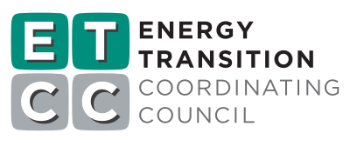Hotel Front Desk Energy Management System
Project Number ET10SDGE0012 Organization SDG&E End-use Other, HVAC Sector Commercial Project Year(s) 2009 - 2010The objective of this study was to evaluate the energy use associated with air conditioning hotel guest rooms under three different control strategies:
- Baseline: the digital thermostat was manually controlled by the guest
- Occupancy Controls: DDC thermostat with integrated occupancy sensor and energy saving controls
- Occupancy Controls + EMS: the occupancy-based DDC was integrated with the hotel front desk EMS. The EMS is expected to enable deeper temperature setbacks for unsold rooms and the ability to activate an automatic load shed during demand response events
While a large data set was gathered for each group, it is difficult to make conclusions because of the relatively mild climate on the coast of San Diego and the relatively low magnitude of energy consumption for cooling. A test in a more extreme climate zone would be better for assessing the impacts of the thermostat technology. For this study, the analysis shows a statistically significant difference in the linear regression correlation between average daily outdoor air temperature and cooling energy consumption for the baseline group versus the two test groups when the average daily outdoor air temperature exceeds 68°F.
